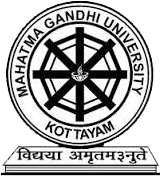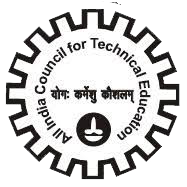
The Mahatma Gandhi University was established on October 2nd 1983 by the Government of Kerala through an Act of the Legislativ e Assembly. It was formally inaugurated by Sri. Gyani Zail Singh the H.E, President of India on 26th the same month. The University is funded by the University Grants Commission and Government of Kerala. It is a member of the Association of Indian Universities and the Association of Commonwealth Universities. Spread over Kottayam, Ernakulam, Idukki and some parts of Alappuzha and Pathanamthitta districts, the M G University is the largest of the seven Universities in Kerala having affiliated colleges. Kottayam, the first town in India to achieve total literacy, has been playing a pioneering role for the spread of higher education in Kerala, a state that has achieved total literacy. Presently the University has 21 teaching and research departments/schools and 183 affiliated colleges, six information centres, three study centres and several campuses. The University Library is the first in Kerala, to set up the on-line information retrieval facility
ntire Revenue Districts of Kottayam, Ernakulam and Idukki and a few taluks of other Districts like Alapuzha (Kuttanad Taluk), Pathanamthitta District (Kozhancherry, Mallappally, Ranny and Tiruvalla Taluks).
The University campus is located at the Priyadarsini Hills which is 13 km away from Kottayam Railway Station and 4 km away from Ettumannoor. In order to reach the campus one should take deviation from Ettumannor or Gandhi Nagar (from M. C. Road). The nearest airport is at Cochin (Nedumbassery) which is about 80 km away.

All India Council for Technical Education (AICTE) was set-up in November 1945 as a national level Apex Advisory Body to conduct survey on the facilities on technical education and to promote development in the country in a coordinated and integrated manner. And to ensure the same, as stipulated in, the National Policy of Education (1986), AICTE be vested with statutory authority for planning, formulation and maintenance of norms and standards, quality assurance through accreditation, funding in priority areas, monitoring and evaluation, maintaining parity of certification and awards and ensuring coordinated and integrated development and management of technical education in the country.
